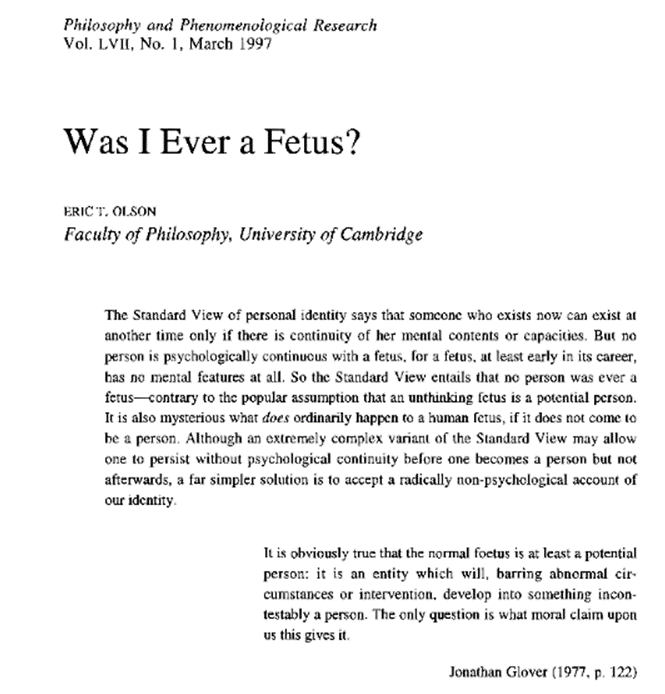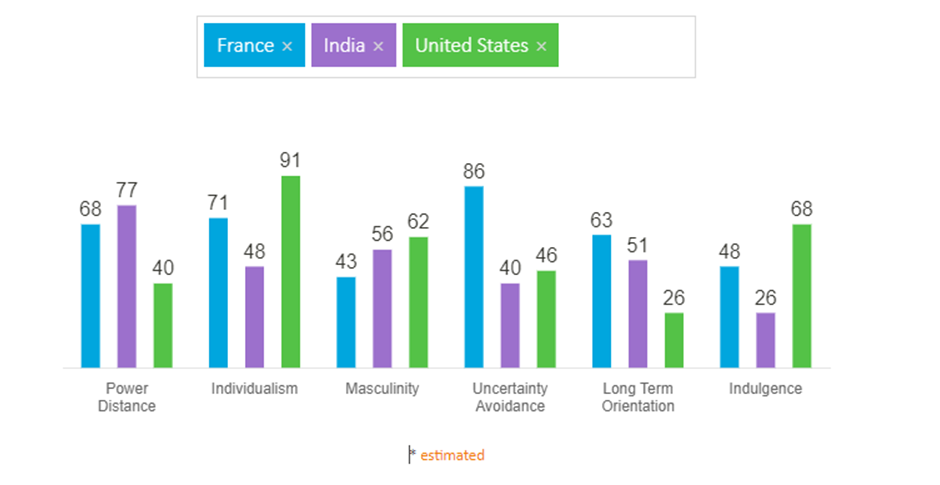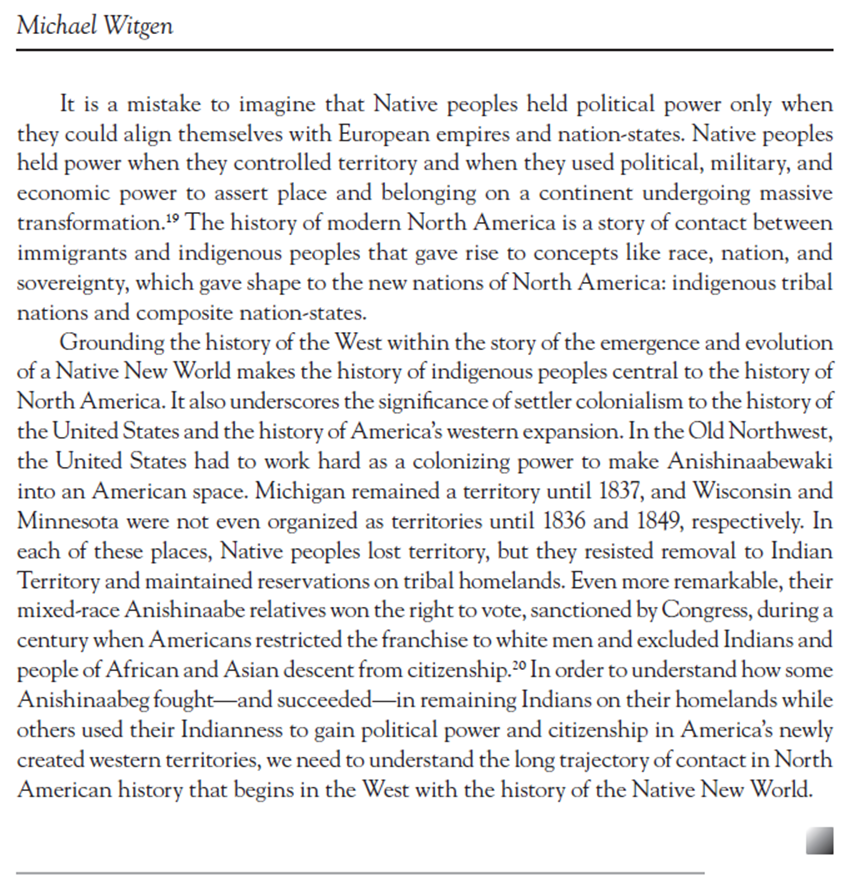Just as language carries with it a phenomenon of open texture, according to which the reference and meaning of some of its terms are modified in response to changes in the environment — for example, saying that the head of state is commander in chief of the armed forces implies different denotations and connotations as war machines, communications, and command styles evolve -, conflicts that are prolonged over time also undergo changes in the terms that define them, as their surrounding context varies.
Thus, a dispute between individuals about the ownership of a certain asset, such as that of two heirs in dispute over the award of a property that is part of the hereditary heritage, will have to vary in intensity according to the changes in the market value of the said asset and according to the changes in the needs of those heirs as well.
Note, likewise, that the said transformation of the conditions in no way affects the conformation of the hereditary rights, but rather it is in the interest of each of the parties to enforce them.
Under certain circumstances, some of the said heirs will have to prefer to maintain the undivided inheritance and under others they will have to activate the dissolution of the hereditary community, generating a conflict in case of disparity among the heirs.
Although rights protect interests -such as life, personal liberty or stability upon possession-, not all interests deserve legal protection -such as the claim of an individual to hold a monopoly in the production of a certain good- and, among those interests which do enjoy legal protection, it will be relative and hierarchical.
Given that a legal system forms a set of consistent normative parameters, the changes in the decisions of individuals are motivated by variations in the relative value of the interests protected by said legal system, also assuming that such individuals are rational agents – i.e., they have transitive preferences.
As a corollary of the above, the normative system, while remaining identical to itself, will have to be neutral for the dynamics of the conflict, since the parties will have shaped their plans and expectations in accordance with their prescriptions.
That is why we often find analyses devoid of axiological and merely descriptive approaches. This does not mean that the rules, be they positive or natural, are not observed, but rather that a degree of compliance and constant enforcement is verified, which makes it possible to look for the reason for the changes in the decisions of the agents in other conditioning factors, such as the technology, the relative prices of goods, climatic phenomena, etc., etc..
Nor does this mean that the law does not evolve or undergo disruptive changes: there are legislative changes and judicial precedents that are modifying the content of the norms and, in turn, the norms themselves suffer the consequences of the open texture of the language in which they are expressed.
When these changes do not respond to a change in the value of the interests, but respond to a need of the legal system itself to maintain a stable and predictable order of events, the legal system maintains its neutrality, since it is transformed, jurisprudential or legislatively, when its formulations – even when they have a high degree of enforcement – are not sufficient to maintain a peaceful order of human interaction and, therefore, legal innovation has the function of reinforcing the maintenance of peace.
At this point in the discussion, it is appropriate to venture into the consequences of a legislative or jurisprudential change that had in view a different purpose than strengthening the function of law as a mechanism of social control aimed at maintaining peace between individuals who interact with each other.
If the change is jurisprudential, many times the law solves such a phenomenon endogenously: any jurisdictional pronouncement by a judge or court that departs from the content of the legal norms or that such departure is motivated by the transgression of its legal duty of impartiality with respect to of the parties to the conflict will render such pronouncement null and void and the judges will have incurred prevarication.
However, when a law is sanctioned by the legislature in contravention of its duty to dictate general and abstract norms and, instead, has the aim of favouring vested interests, little can be done beyond achieving a declaration of unconstitutionality, either by part of a constitutional court or by an ordinary court in the exercise of diffuse control of constitutionality.
This is for those cases in which the law in question also violates laws of a higher rank such as the Constitution.
Notwithstanding, when a norm is constitutional and, however, it was not enacted for the purpose of legislating in general and abstract terms, but instead sought with its sanction to favour certain vested interests to the detriment of others or public interests, little can be done for the legal system to correct itself according to an endogenous mechanism and the law, therefore, will have lost its neutral character.
It is this lack of neutrality of the legal system that delegitimizes it as a peaceful means of resolving disputes between individuals and, consequently, sharpens the intensity of conflicts, whether they consist of disputes between individuals or escalate into political questioning regarding the legitimacy of the legal-political system itself.
It was not for nothing that there were revolutions, such as the French one, which led to the enactment of civil codes, as a way of crystallising the reestablishment of a neutral normative order, generally described as fair. Note, likewise, that the Napoleonic Code did not contain any innovations, but rather consecrated –and synthesised- legislatively the jurisprudential evolution of the previous centuries.
Similarly, a territorial dispute between two countries could remain diplomatic for decades and, under a change of circumstances, escalate the conflict to a warlike stage.
This change in circumstances may be due to a redefinition of the interests of one or both countries, discoveries of wealth in the disputed territories, or technological innovations that modify the relationship of the respective countries with the geography of the disputed territory.
Note that in no way do these changes in the conditions surrounding the conflict affect a change in the titles of sovereignty over the disputed territory, but what changes is the intensity of the interest in it and the calculation of the chances of success in the event of a war escalation.
However, at the international level we find a plurality of normative sources -international custom, treaties, the norms of international organisations-, without courts of application in most cases and without a clear enforcement system to guarantee impartiality.
Despite arbitral awards can be found among small nations, which submit a territorial issue to the arbitration of a third power or institution that enjoys prestige between both countries, an issue that the parties involved do not consider of vital importance to them; but in most cases we are faced with conflicts or claims that will last over time, as long as the war alternative is disadvantageous for both parties.
Sustaining the principle that all agents who make decisions are rational, it is appropriate to ask under what conditions for such agents it is still reasonable to maintain a negotiation and under what others the most reasonable indicates escalation in the intensity of the conflict.
When the controversy occurs between two parties subject to the jurisdiction of a state and the object of the controversy has a certain relevance, the options of the parties follow one another between negotiating or going to trial.
On the other hand, among sovereign nations, although there is the alternative of submitting to an arbitration award, when the disputed issue interferes with a vital interest or makes the country’s own survival, the military confrontation constitutes the option to negotiation.
Paradoxically, when two individuals have a confrontation that is so insignificant as to be taken to court, the options also lie between negotiation or the deployment of violence -verbal or moderately physical, below the threshold of what the law would consider a crime. This occurs because both the international sphere and certain spheres of human interaction are naturally regulated.
From our point of view, this is one of the most relevant theoretical controversies: if such a natural system can be entirely deduced from reason -as maintained from Hugo Grotius onwards- and, therefore, can be stated and agreed upon by the consensus of the parties through a rational discussion, or if we can characterize natural law as an empirical normative system -as conceived by David Hume in the 18th century and later rescued by Friedrich A. Hayek- that grows spontaneously.
This last conception about the empirical character of the international rule-based order can be a convincing alternative to both realism and idealism. Even more so when the question of the neutrality of the liberal international order is questioned, both from realism and from critical currents. Since the empirical rule system emerges at the same time as the expectations of the agents, the neutrality of the resulting order will be highly probable.
Therefore, in accordance with this vision, the variation in the intensity of the conflicts will not have to be sought or justified in a modification of the rules of the game, but in a change in the relative weight of the interests in dispute, that is, in the open texture of the nature of conflicts.












